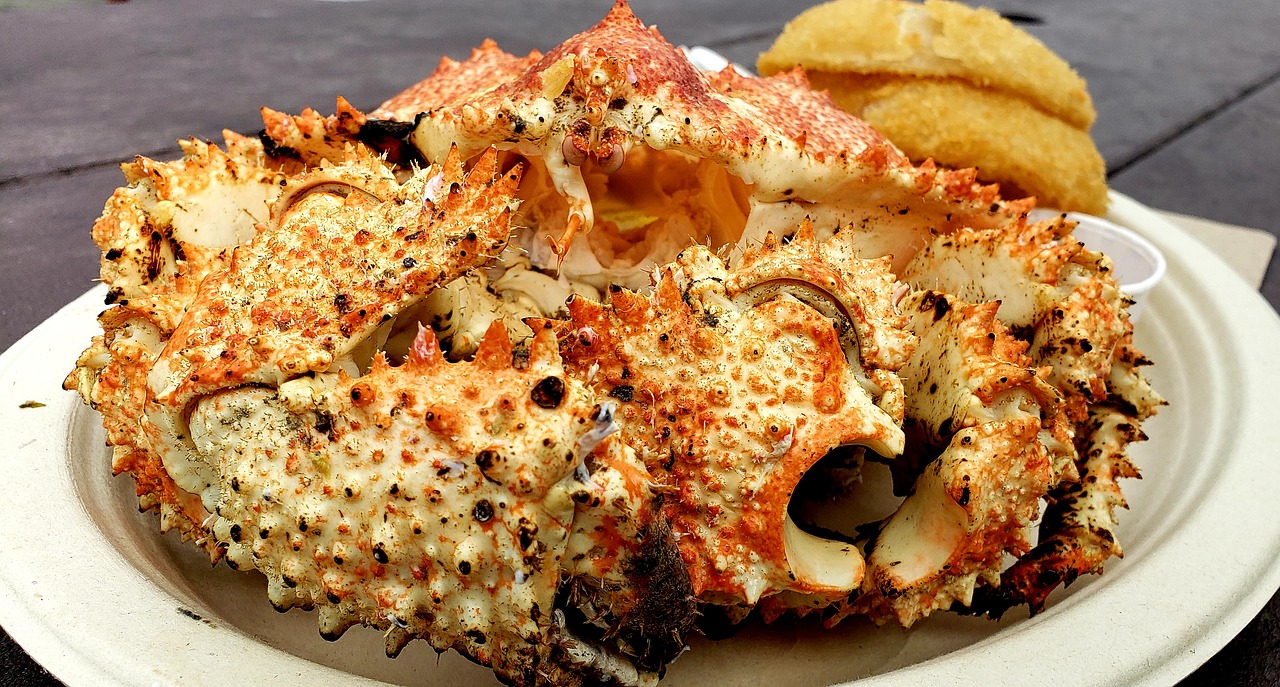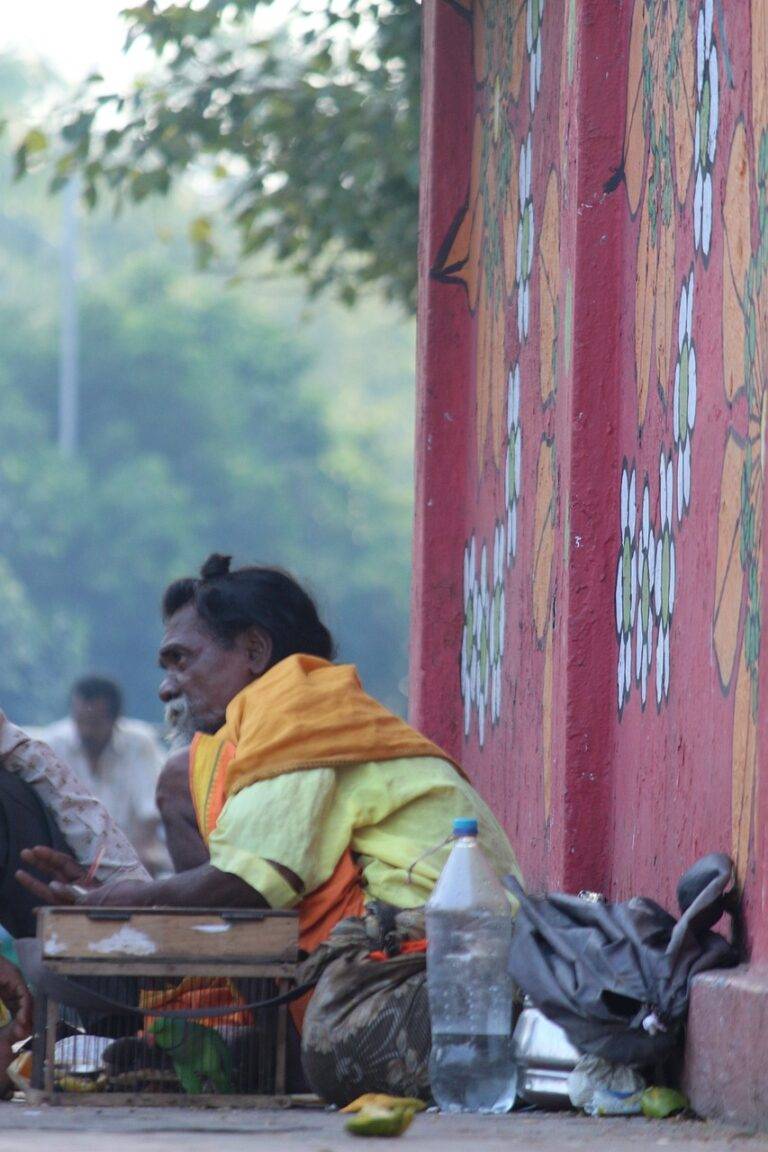The Role of Media in Promoting Cultural Heritage: 11xplay pro, Diamondexch9, Sky exchange bet
11xplay pro, diamondexch9, sky exchange bet: The Role of Media in Promoting Cultural Heritage
Have you ever stopped to think about the impact that media has on promoting cultural heritage? In today’s digital age, media plays a crucial role in preserving and promoting the rich tapestry of our cultural identity. From television and radio to social media and online platforms, the reach of media is vast and holds immense potential in showcasing and celebrating our diverse cultural heritage.
1. Showcasing Traditional Art Forms
One of the significant ways in which media promotes cultural heritage is by showcasing traditional art forms. Through documentaries, television programs, and online videos, media platforms provide a platform for artists and performers to display their traditional art forms, such as dance, music, and crafts, to a global audience.
2. Preserving Historical Sites
Media also plays a vital role in preserving historical sites and monuments by creating awareness about their significance and importance. Through travel shows, documentaries, and online blogs, media platforms raise awareness about the need to protect and preserve these sites for future generations.
3. Promoting Cultural Events
Another way in which media promotes cultural heritage is by promoting and publicizing cultural events and festivals. By featuring these events in newspapers, magazines, and online platforms, media helps to attract a wider audience and generate interest in the cultural traditions and practices being celebrated.
4. Educating the Masses
Media acts as a powerful tool for educating the masses about different aspects of cultural heritage. Through feature articles, interviews, and news segments, media platforms provide valuable information about the history, customs, and traditions of different cultures, helping to build a sense of appreciation and respect for cultural diversity.
5. Fostering Dialogue and Understanding
Moreover, media fosters dialogue and understanding among different cultural groups by providing a platform for them to share their stories and experiences. Through interviews, panel discussions, and cultural exchange programs, media platforms help to break down barriers and promote mutual understanding and respect.
6. Encouraging Cultural Tourism
Media also plays a significant role in encouraging cultural tourism by showcasing the beauty and uniqueness of different cultures and destinations. Through travel shows, documentaries, and online travel guides, media platforms inspire travelers to explore and experience the rich cultural heritage of different regions and countries.
7. Creating a Sense of Pride and Identity
In conclusion, media plays a crucial role in promoting cultural heritage by showcasing traditional art forms, preserving historical sites, promoting cultural events, educating the masses, fostering dialogue and understanding, encouraging cultural tourism, and creating a sense of pride and identity among cultural communities. By leveraging the power of media, we can continue to celebrate and preserve our cultural heritage for future generations to enjoy.
FAQs
Q: How can individuals support the promotion of cultural heritage through media?
A: Individuals can support the promotion of cultural heritage through media by sharing and engaging with content that celebrates cultural diversity, attending cultural events and festivals, and volunteering with organizations dedicated to preserving and promoting cultural heritage.
Q: What are some examples of successful media campaigns promoting cultural heritage?
A: Some examples of successful media campaigns promoting cultural heritage include UNESCO’s World Heritage sites campaign, National Geographic’s cultural documentaries and series, and social media campaigns celebrating cultural traditions and practices.
Q: How can businesses and organizations leverage media to promote cultural heritage?
A: Businesses and organizations can leverage media to promote cultural heritage by sponsoring cultural events and programs, partnering with cultural institutions and artists, and incorporating cultural themes and storytelling into their marketing and branding efforts.







